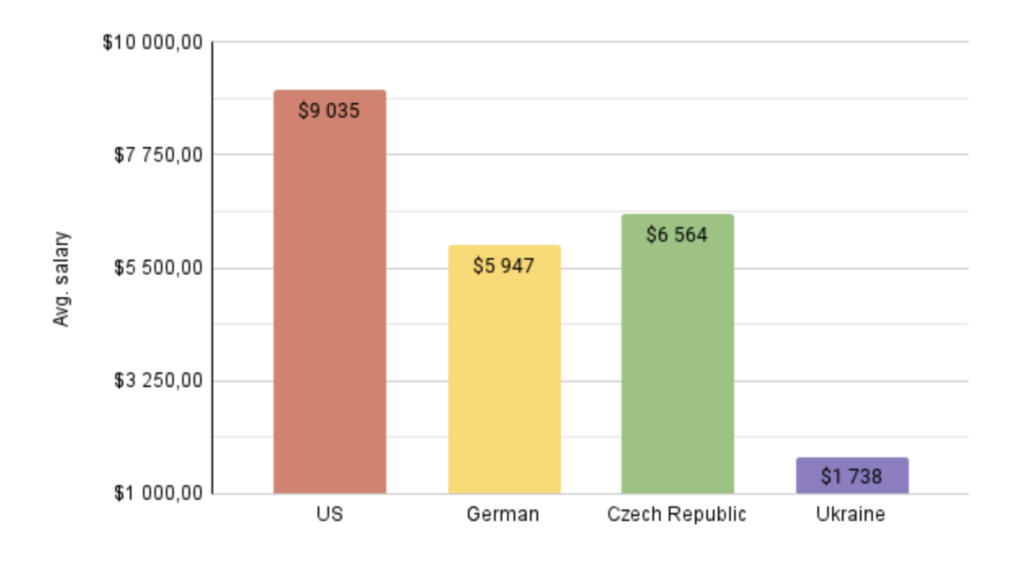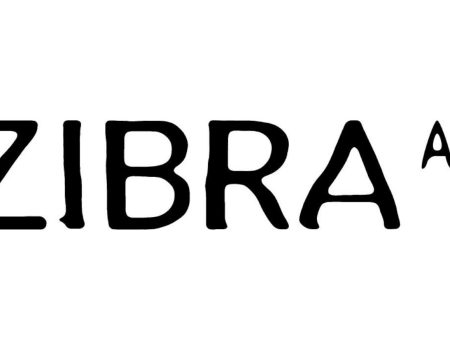C++ is a version of the traditional C programming language, enhanced with object-oriented programming and other features. C++ is an “intermediate” language, which means it allows for “high” and “low-level” programming.
Bjarne Stroustrup developed C++ at Bell Laboratories in early 1979. Because C++ is an attempt to add object-oriented features (and other enhancements) to C, it was previously called “C with classes”. The name C++ suggests “C increment” (recall that ++ is C’s increment operator). C++ became available outside Bell Laboratories in 1985. The first commercial C++ compiler, Cfront, was released in 1985, and the computer language C++ in 1989. The first draft standards were published in 1995. As the language developed, Stroustrup named it C++ in 1983.
C++ is undoubtedly one of the oldest and most powerful programming languages that still dominates the field of programming.
So many developers and programmers use C++ in their work, especially when developing graphical applications, that it is now often referred to as the “Swiss pocket knife” of programming languages. It is a universal, cross-platform language that is extremely versatile and is used to create everything from web browsers to cloud storage systems.

Pros and cons of C++ as the programming language
Platform portability and C code support
C++ offers a portability or platform independence feature that allows a user to easily execute the same program on different operating systems or interfaces. Suppose you are writing a program on a LINUX operating system and for some obvious reason you switch to a Windows operating system. You can easily run the same program on Windows without any errors. This feature is very convenient for the developer. Because C++ is very similar to C, C code can be run in C++ without typos or errors, and can even be edited in C++.
C++ is an OOP platform
C++ was created primarily as an object-oriented language that makes it easy to sort data as it is written by treating it as a class. This characteristic also means that concepts such as polymorphism, classes, and data abstraction allow code to be reused, which saves the programmer a lot of time and can make the coding process more unrestricted.
Multi-paradigm
C++ is a universal programming language. The term "paradigm" refers to a style of programming. It includes the logic, structure, and procedure of the program. Generic, imperative, and object-oriented are the three criteria for C++. Universal programming refers to using one idea for multiple purposes. Imperative programming, on the other hand, refers to the use of statements that change the state of the program.
Platform portability and C code support
C++ offers a portability or platform independence feature that allows a user to easily execute the same program on different operating systems or interfaces. Suppose you are writing a program on a LINUX operating system and for some obvious reason you switch to a Windows operating system. You can easily run the same program on Windows without any errors. This feature is very convenient for the developer. Because C++ is very similar to C, C code can be run in C++ without typos or errors, and can even be edited in C++.
High versatility
C++ is used in many areas. Coding, web design, UI/UX design, gaming industry, and more. Because C++ is so versatile, it has a huge degree of scalability and can run on both very large and very small scales. This is great because once you learn to use this language, you can create a huge variety of different programs. No wonder C++ is called the "swiss pocket knife".
High difficulty level
But while it's fast, flexible, and usable on a wide range of operating systems, there are some downsides to using C++ because of it. If you are new to coding it can be a difficult language and some common development projects are not very compatible with this type of object-oriented language. In adding to that, the code of that language consumes tons of time to learn.
Time-consuming pointers
One of the key features that make C++ a programming language in its own right is the use of pointers. While they are very useful, they can take up a lot of system memory, which is not ideal when you are working on large projects. Pointers can also be difficult to work with, and using them incorrectly can cause the entire system to crash or behave strangely, which is a serious weakness.
Lack of automated memory control
Although control over memory management is seen by many as an advantage, having to manually allocate memory using pointers can be very time-consuming and easy to forget when you're in the process of coding. If you're not used to it, this kind of manual memory management is a big disadvantage of C++ because it doesn't have a garbage collector to automatically filter out unnecessary data.
How much do C++ engineers earn in a month?
Graph 1 shows the salaries of C++ engineers in different countries. Compared to the salaries of .NET engineers, which were reviewed and analyzed in our previous article, C++ engineers from Europe earn more than American programmers. Otherwise, the situation is similar. .NET coders in Central European countries earn more than engineers from the eastern part of the continent.
Frequently Asked Questions (FAQ)
In US the average C++ engineer salary is $9,000 per month, in German – $6,000, in Czech Republic – $6,500 and in Ukraine – $1,800.
Some of the pros of using C++ include its high performance, ability to manipulate hardware, and strong support for object-oriented programming.
Some of the cons of using C++ include its complexity, steep learning curve, and potential for memory management errors.
Infosoft is a team of IT and QA engineers. We provide companies with technical talents and product development experience to create world-class software. You can scale up and down your remote software developing team at any time without any financial risk.



